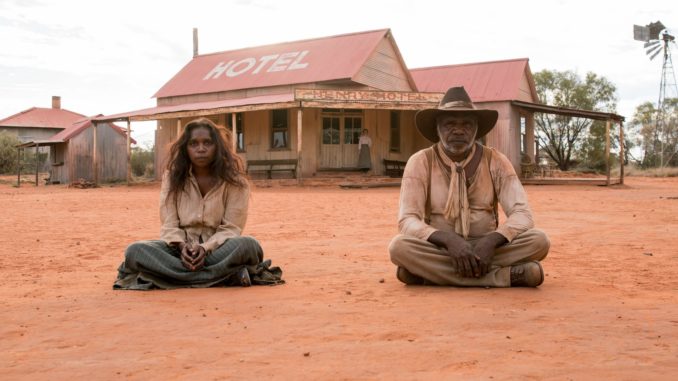
Matteo Garrone’s Pinocchio (Amazon Prime) presents the familiar tale as a highly stylized live-action epic with extravagantly masked and costumed actors in all the roles including the legendary puppet who wants to be a real boy. Roberto Benigni, the one big name in the cast, plays the puppet-maker Geppetto, and sprightly little Federico Ielapi is superb in the title role. But, crucially, the real star is the film’s richly evocative mise en scene, which casts a wondrous spell throughout. In a way, Garrone is channeling the wistful poetic realism of Fellini and Vittorio De Sica, but in a visual style that’s closer to Guillermo del Toro’s Pan’s Labyrinth. (Side note: del Toro is co-directing a stop-motion animated, musical-fantasy version of Pinocchio to be released on Netflix in 2021 or 2022.)
The film’s presiding fairy princess (Marine Vacth) is a mentor/guardian angel whose worldly sweetness has a hint of sorrow in it. As such, she seems central to the spirit of the entire film. Two roustabout scoundrels known as Cat and Fox are particularly memorable fixtures in the film’s gallery of darkly caricatured villains.
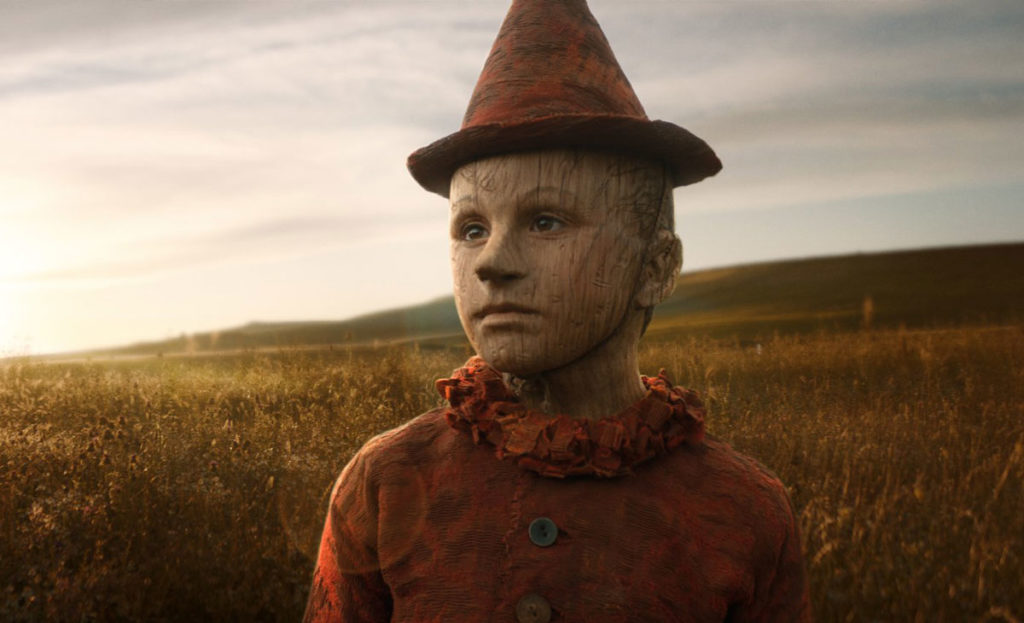
The Devil All the Time (Netflix), adapted from an esteemed novel by Donald Ray Pollock, scores smartly and sometimes a little too fiercely as country noir, but the overall results transcend that generic pigeonholing. This multigenerational tale of religion and violence in and around a backwoods Ohio town called Nockemstiff sports a small multitude of devilish characters, and Antonio Campos’ level-headed direction of the proceedings gives the entire film a sort of sober, tragicomic dignity.
One Arvin Eugene Russell (played by Tom Holland) is in the middle of it all, scrambling through misadventures and worse with his apocalyptical war-vet father (Bill Skarsgard), an outlaw uncle (Douglas Hodge), a bizarre traveling evangelist (Harry Melling), an extravagantly perverse pair of serial killers (Riley Keough and Jason Clarke) and Robert Pattinson as the Rev. Preston Teagardin, high-toned seducer of young women. Johnny Cash’s version of “Peace in the Valley” plays over the closing credits.
Robert Connolly’s The Dry (streaming on multiple platforms), from Australia, also rates as country noir of exceptional quality. Federal agent Aaron Falk (Eric Bana) returns to his drought ridden hometown of Kiewarra for the funeral of an old and troubled friend. Somewhat hesitantly, he stays on to investigate the friend’s death, and soon finds himself also entangled in an unsolved mystery from his past. Guns and religion are less prominent in this case, but the scorched little town seems rife with guilty secrets and half-spoken suspicions.
Falk renews a relationship with an old girlfriend (Genevieve O’Reilly), and the film deftly intertwines his youthful memories with his moving about the community in search of clues. All in all, it’s a vividly realized mystery tale, with a rich sense of moral and existential ambiguity.
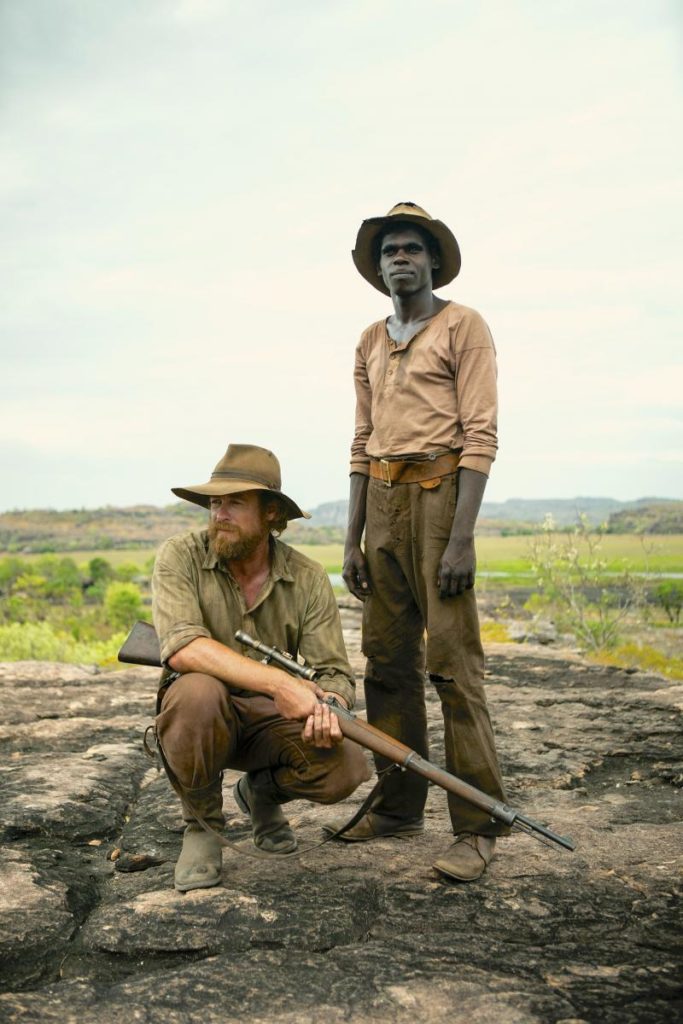
Sweet Country, a 2018 release, and the newly released High Ground are both outstanding instances of the Australian “western.” Both are set in the nation’s northeastern outback circa 1920, and both involve violent conflicts between indigenous peoples and representatives of the British empire. Both bear striking resemblances to classic westerns involving Native Americans and the U.S. Cavalry, particularly those that give special emphasis to the indigenous peoples’ perspective. Both serve powerfully as epic tragedies, with the fatal consequences of racism and colonialism looming as the “tragic flaws” in the characters’ lives: in High Ground, a disillusioned army tracker (Simon Baker) and a young aborigine named Gutjuk (Jacob Junior Nayinggul) whom he saves from massacre; in Sweet Country, an aborigine ranch hand (Hamilton Norris), a pacifistic preacher/rancher (Sam Neill), and an army sergeant (Bryan Brown).

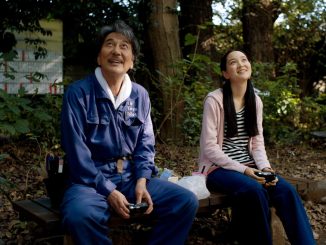
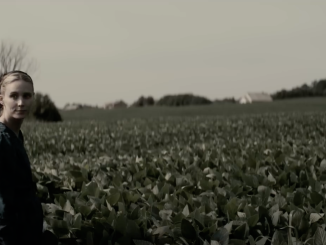

Be the first to comment